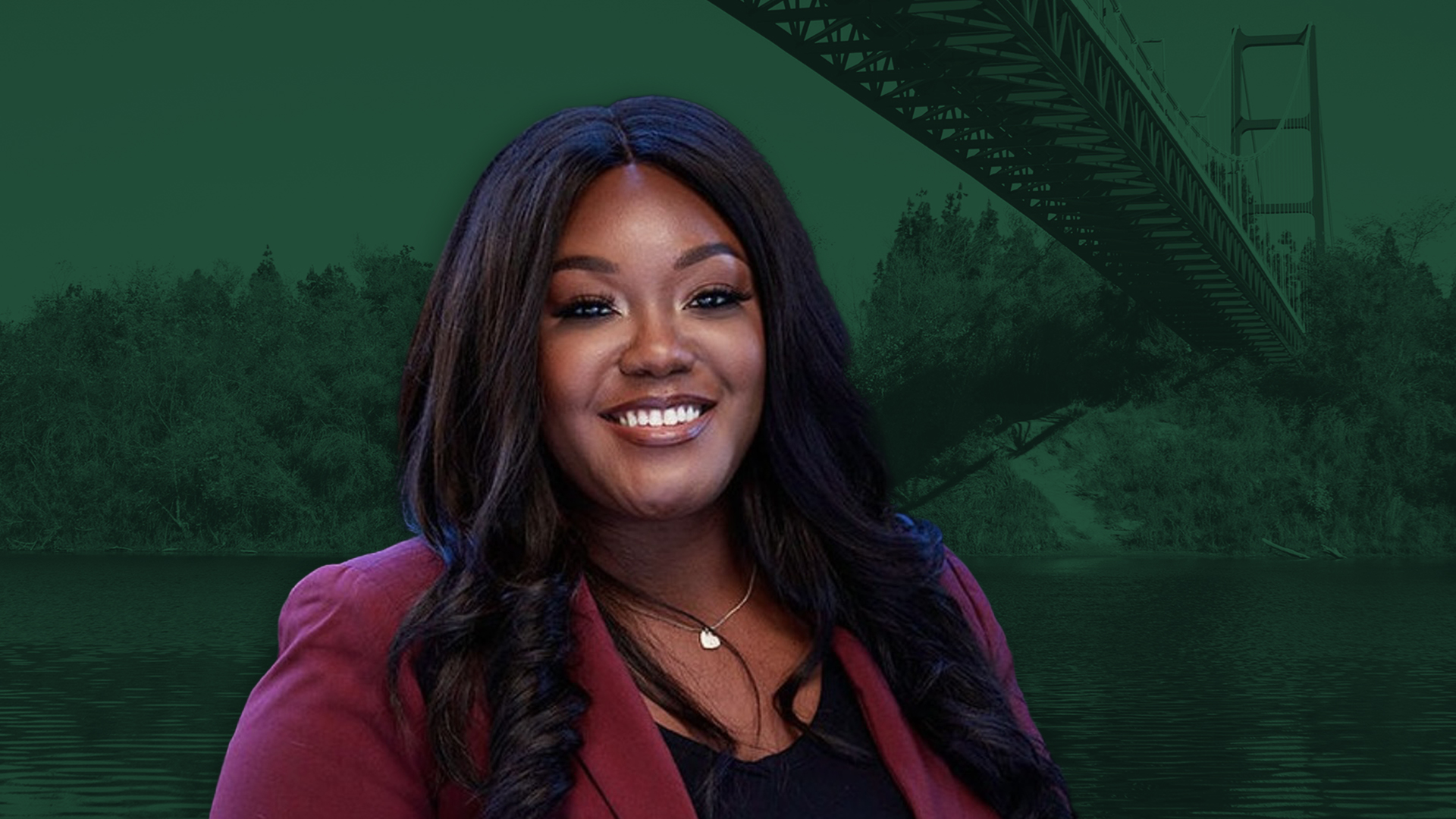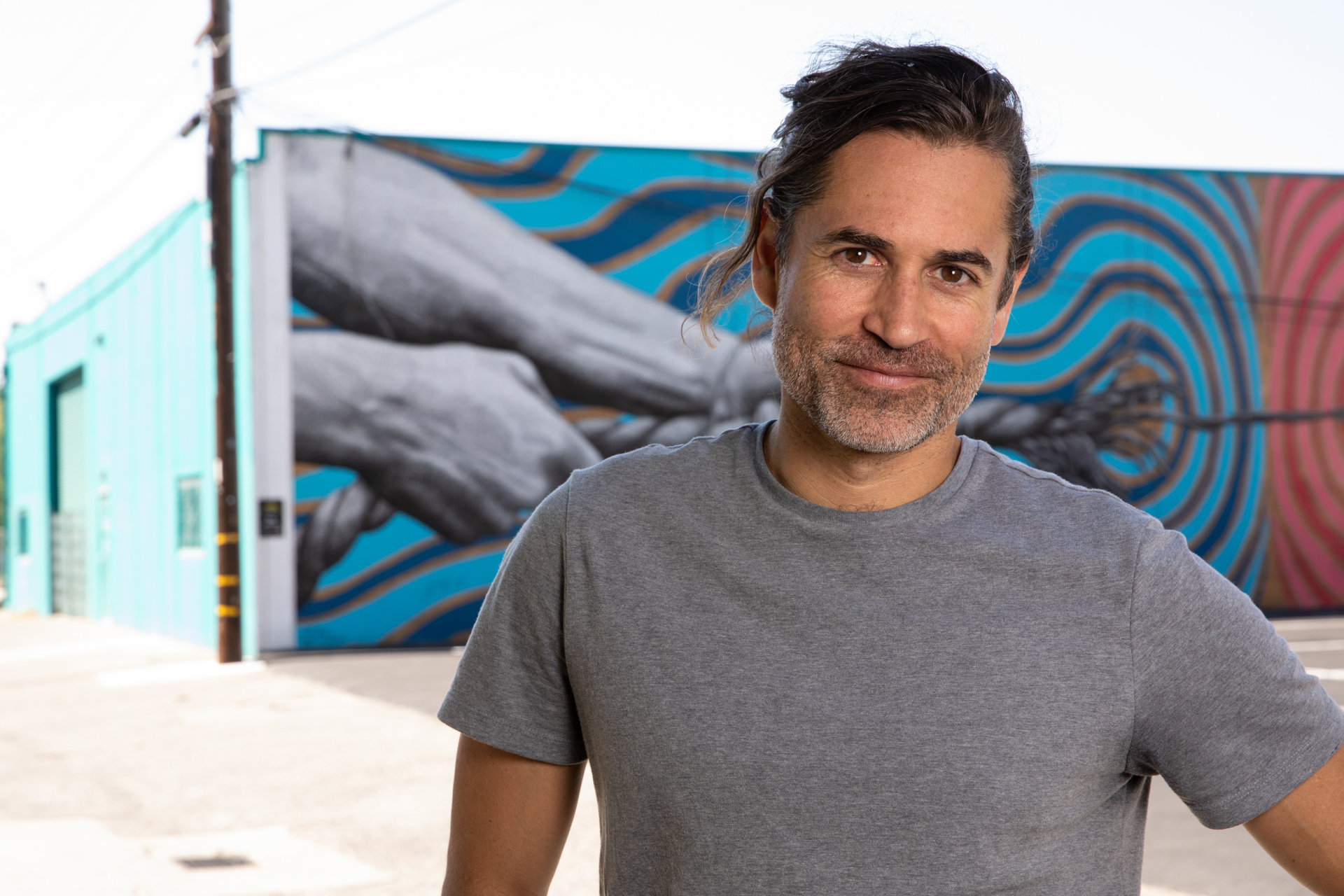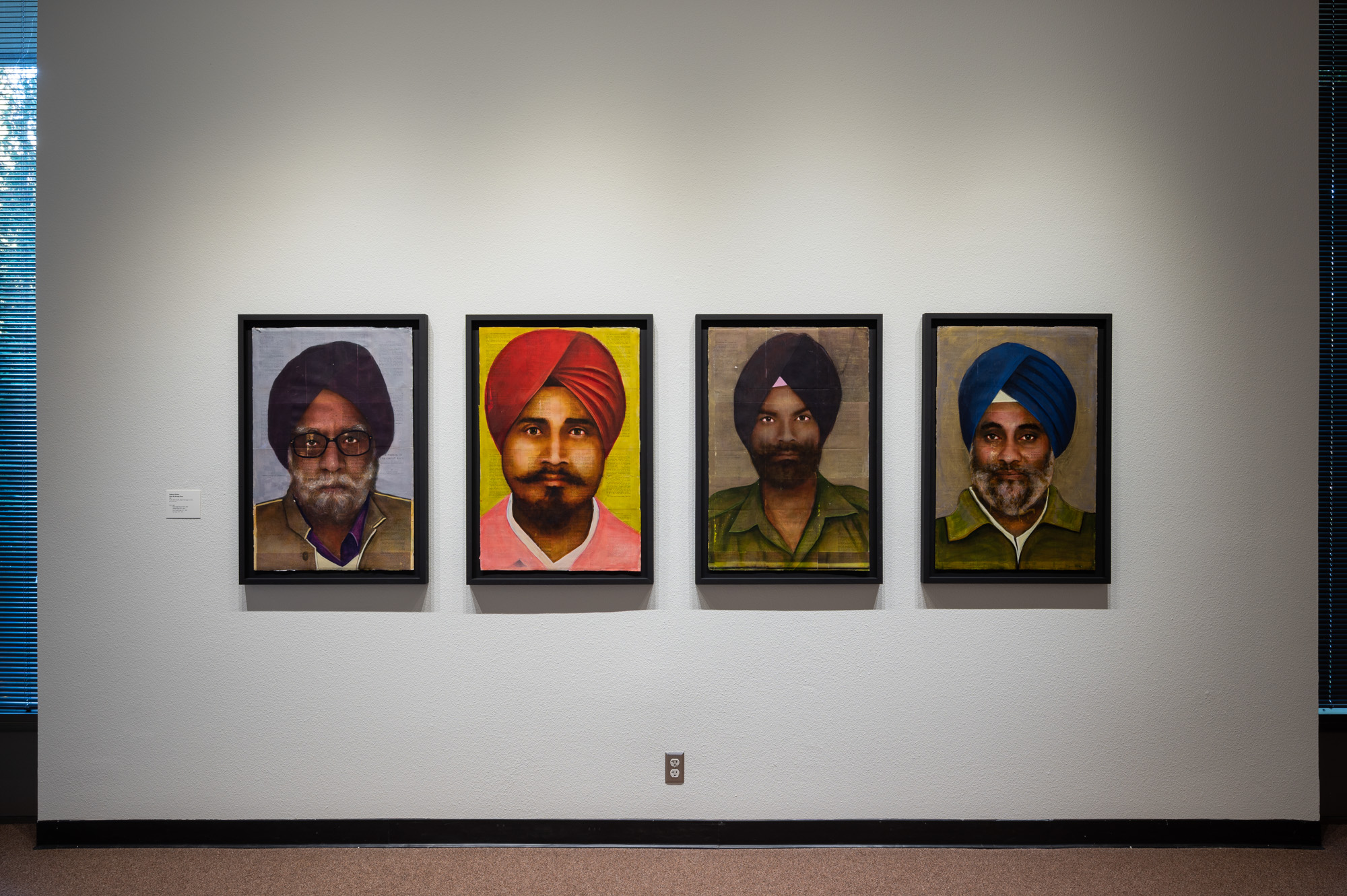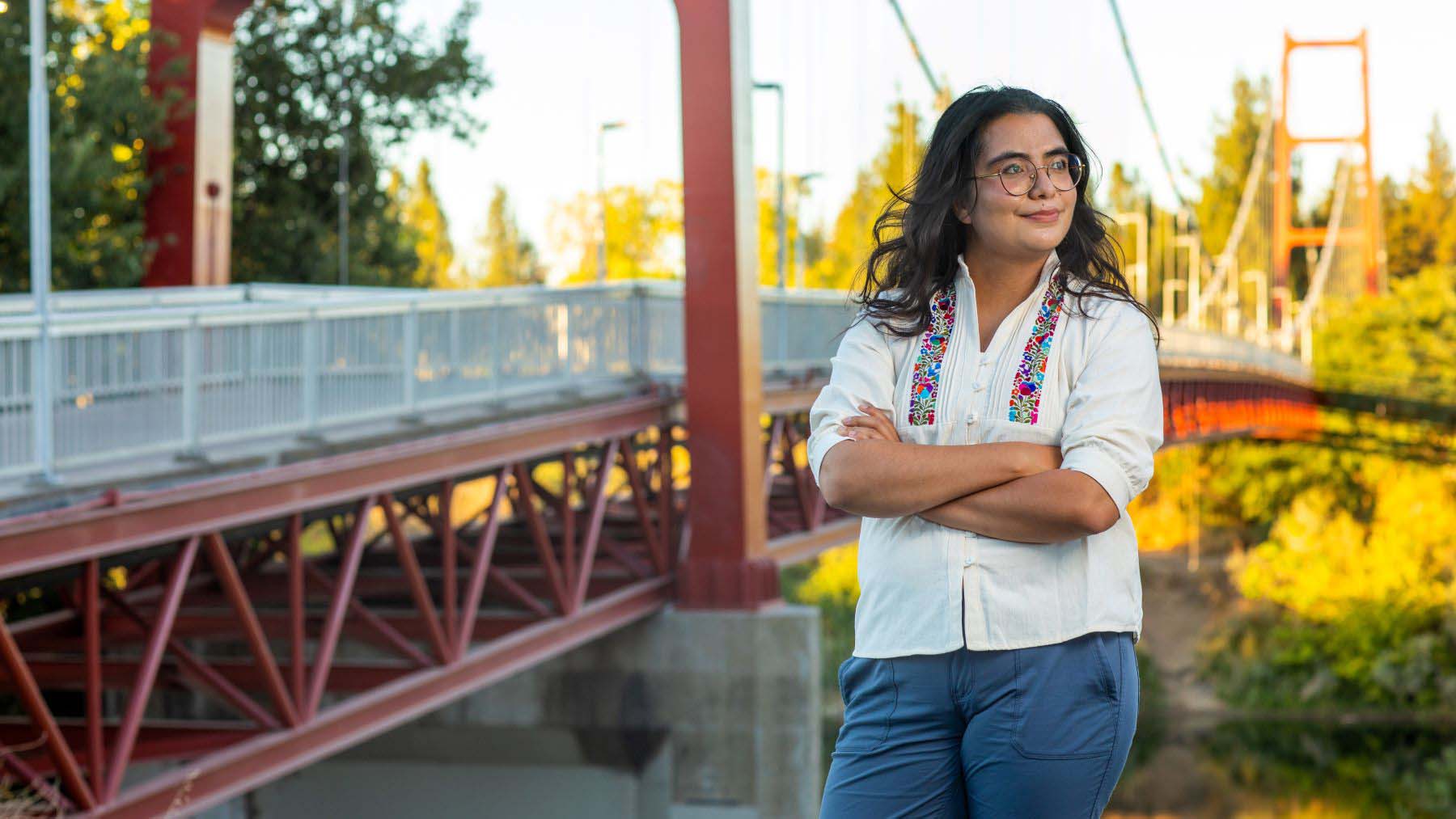Story Content
Five Questions with COVID-19 contact tracer Nicole Hill

October 06, 2021
Nicole Hill ’13 (Sociology) is, in her own words, a “people person.”
So when the state of California looked to its employees to volunteer as COVID-19 contact tracers and vaccine outreach coordinators, Hill, at the time an associate personnel analyst with the Department of State Hospitals, tentatively raised her hand.
Hill thought, “If nobody else has volunteered for this, then I will,” and she responded to her immediate supervisors saying she could help.
“I was like, ‘Oh, my gosh, what have I just gotten myself into?’ ”
In December, Hill officially was deployed – remotely – to San Bernardino County as a contact tracer, calling individuals who had been near someone who tested positive for COVID-19, as well as a vaccine outreach coordinator providing information and helping to schedule appointments.
She now works as a case investigator and vaccine outreach coordinator, connecting California residents to important local, state, and federal resources relative to COVID-19.
Hill also earned a master’s degree in Project Management at Saint Mary’s University of Minnesota in 2017.
Below, the Hornet alumna talks about her sudden shift in responsibilities, and how her Sac State Sociology degree is helping her better connect with the people she serves.
(This interview has been edited for length and clarity.)
Made at Sac State: How was your time on campus?
Nicole Hill: I remember my Sociology teacher. He had so much knowledge, and he made everything so easy to understand and easy to follow, and it made me want to look more into it and really understand how can I apply (classroom learning) in the community. That is what prompted me to do what I do now, so it definitely had a profound effect on me.
I love working with people. I love connecting people to resources that will help them to be successful. If it wasn’t for that Sociology class teaching me, and (studying Project Management and learning) how to work with people and develop relationships and show cultural sensitivity, I don’t think I’d have everything I need to do what I do today. I already have a love for people, but just those classes at Sac State helped push me in the right direction.
Made at Sac State: You changed your major 10 times. How and why did you land on Sociology?
Nicole Hill: I liked focusing on the challenges that different cultural backgrounds face, whether that’s education, social inequities, or everything like that. Working at the California Health and Human Services Agency and (in) government as a student assistant in 2007, a lot of what I witnessed made sense. I got to work there during both administrations – Gov. (Arnold) Schwarzenegger, a Republican, and (Jerry) Brown, a Democrat. Seeing that transition and how different decisions were made regarding policy and how it impacted certain people really sparked an interest for me in sociology. The root of sociology is understanding people. Getting to know them and meet them right where they are and then looking to see, how can we solve these problems? How can we solve these issues? How can we make it to where everybody’s getting treated fairly and getting what they need to live a sustainable life? I’m really a people person.
Made at Sac State: What was your first call as a contact tracer and vaccine outreach coordinator like?
Nicole Hill: It was very scary. Because it’s the fear of the unknown. I didn’t know what to expect, but the person on the receiving end was listening to everything I had to say, and she valued my information. She was older, and she didn’t understand the vaccine process. She didn’t know if it was her turn to get vaccinated, and so just being able to provide productive information helped me to feel really good about the work I was doing. I was able to schedule both her appointments for her. I was able to send her a confirmation text and email that had all of the information, and so I just felt really good. That first call was a successful call. I’ve done my part, and (the call) lasted for about an hour, because I was just familiarizing myself with the script, and I wanted to take my time and listen to what her concerns were, what her frustrations were.
There’s people who listen to you, who answer the call, who ask questions. There’s people, typically younger, who don’t want to answer the call, or they’ll pick up and then hang up. It is what it is, but as long as I can make a difference with just one, I’ve done my job.
Made at Sac State: How has it been for you?
Nicole Hill: It was very hard in the beginning. You want to be gentle with people and hear them out and just be patient, but not everybody is receptive. You know how you take your work home? That’s what I did … so there would be nights when I would be going to bed and just thinking about the cases. We have a goal to talk to at least eight to 10 contacts per day, and it was hard. People were living on the streets (and) didn’t know where their next meal would come from, having issues caring for their children, just a lot of different things. People needed financial resources. So it’s really hard. It was depressing. It was like a heavy weight. You wish you can do more, and so it was very difficult in that regard. But the state has resources for people, including those in the contact-tracing program, to help us navigate the process so that we’re not feeling overwhelmed, and that’s definitely something I took advantage of.
Made at Sac State: You talked about majoring in Sociology and how that provided you with tools. At Sac State, what lessons do you find most useful?
Nicole Hill: I think about cultural sensitivity. I think about group facilitation, even though I’m just working one-on-one with each patient. I think about the team that I represent and how we’re constantly sharing information, sharing knowledge with one another and then going back out into the field to share the same information with people. I think at the at the end of the day, it’s about people. It’s about their life. It’s about taking their problem and trying to formulate a solution. It’s about sharing resources.
I just keep thinking about people and community. COVID has impacted us all, but obviously at different levels. There are kids who obviously weren’t able to go to school in person; we know that that was a struggle for them. We know that there are people who were living on the street, who either came in contact with somebody or were positive themselves.
It just hit at so many levels, and so I think my job as a contact tracer back then, now case investigator, is to provide them with the resource that will help them to get through this issue. So being solutions-oriented, I think, is the biggest lesson.


